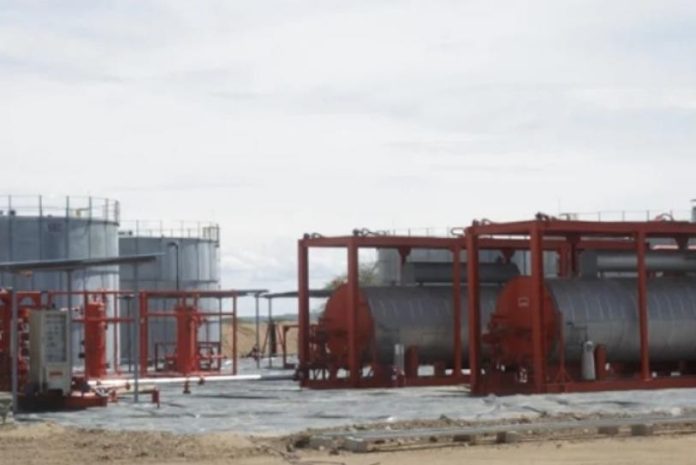By Lenah Bosibori
Nairobi Kenya: Kenya’s Turkana county residents risk increased respiratory diseases released from the Lokichar Oil Fields and Lamu Marine Crude Oil terminal a study has revealed.
The study conducted by the World-Wide Fund for Nature (WWF), between November and December 2019 further says that the respiratory tract is the most prevalent disease in both project sites.
“Respiratory tract is the most prevalent disease in both project sites, from our consultations with the locals in Lokichar areas, they allege that the oil drilling project has contributed to the prevalence of the disease-causing respiratory effects on human health,” said Enock Osoro a consultant in the study.
In Lokichar, upper respiratory tract infection is the most prevalent disease in the area having the highest case recorded compared to Lamu and is increasing yearly.
Lokichar is generally arid and the most ground is bear with loose soils and sand, the winds are strong and blow dust particles and contaminate the air. Infection in populated areas has also aggravated this condition among the community.
Also, malaria is recorded among the most prevalent disease in Lamu and Lokichar with high cases reported due to high temperatures in both regions that favor mosquito breeding.
“Majority of the people in Lokichar tend to sleep outside their houses due to high temperatures thus exposing them to mosquito bites.
“Majority of the locals can not afford mosquito nets and repellants to prevent mosquito bites,” added Osoro.
According to the report, an eye infection is majorly attributed to air pollution. Other infections in the area include; Malaria, diarrhea, pneumonia, ear infection, urinary tract infection, and skin diseases, miscarriages were also recorded as the most prevalent conditions in the areas.
“We are not against the project but we want to ensure that monitory approach and recommended laws are adhered to prevent the infections,” said Sumaya Mohamed-Project officer, Oil for development, WWF Kenya.
Another risk according to the report was inappropriate hazardous waste management which is managed in an open area close to households. During the production stage, contamination of both underground and surface water is likely to occur affecting the health of the people and livestock.
Further, the report encourages the government to provide clean water to the residents, adherence to the laws set in place, and employment of the latest technologies that limit gas emissions.















